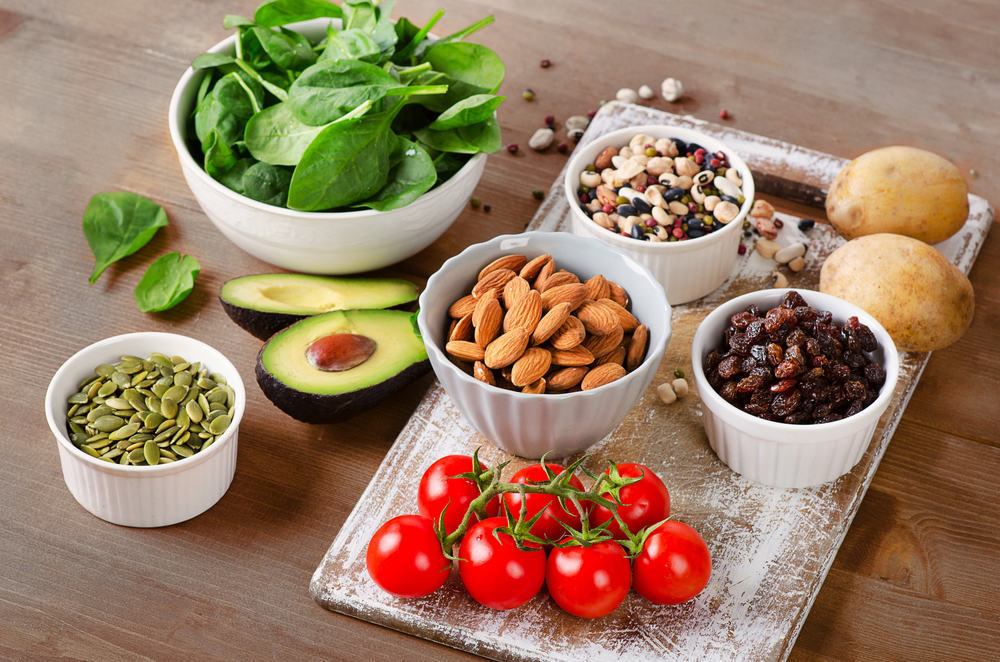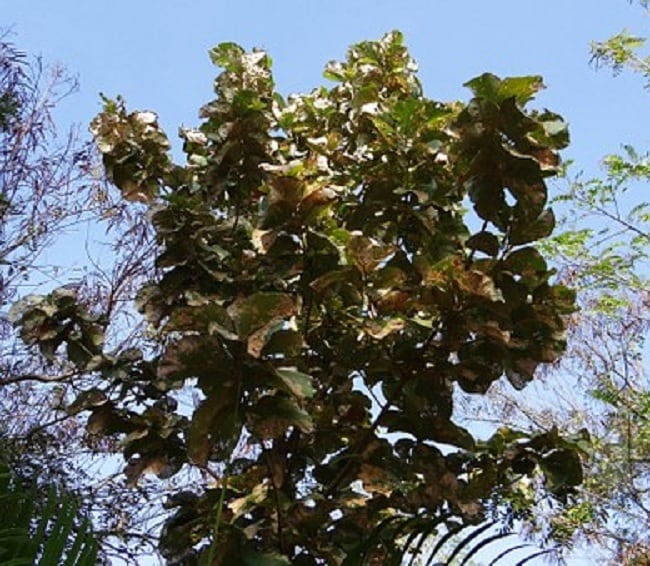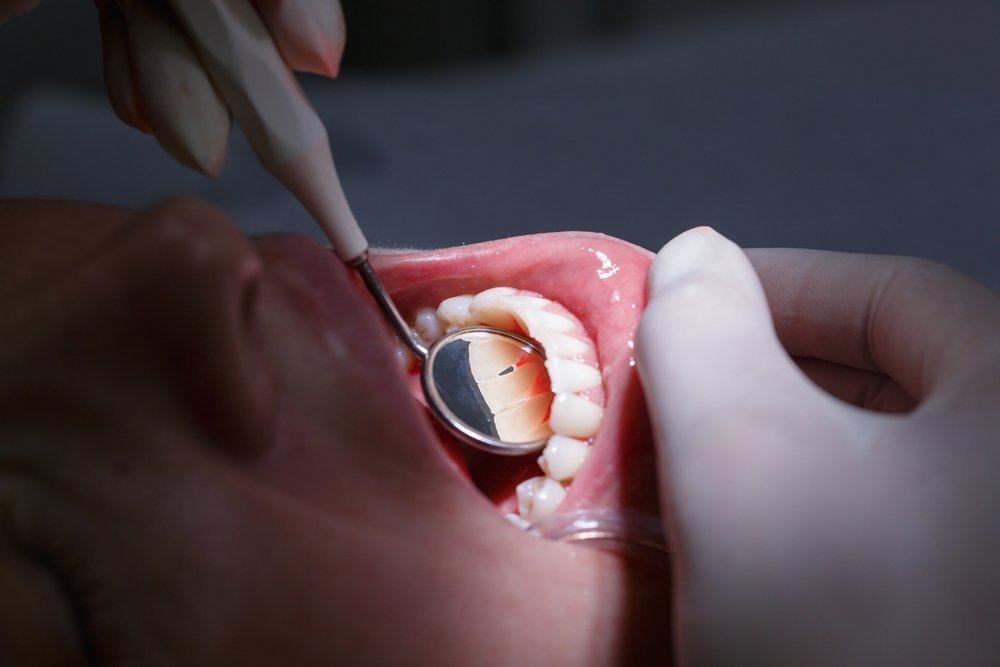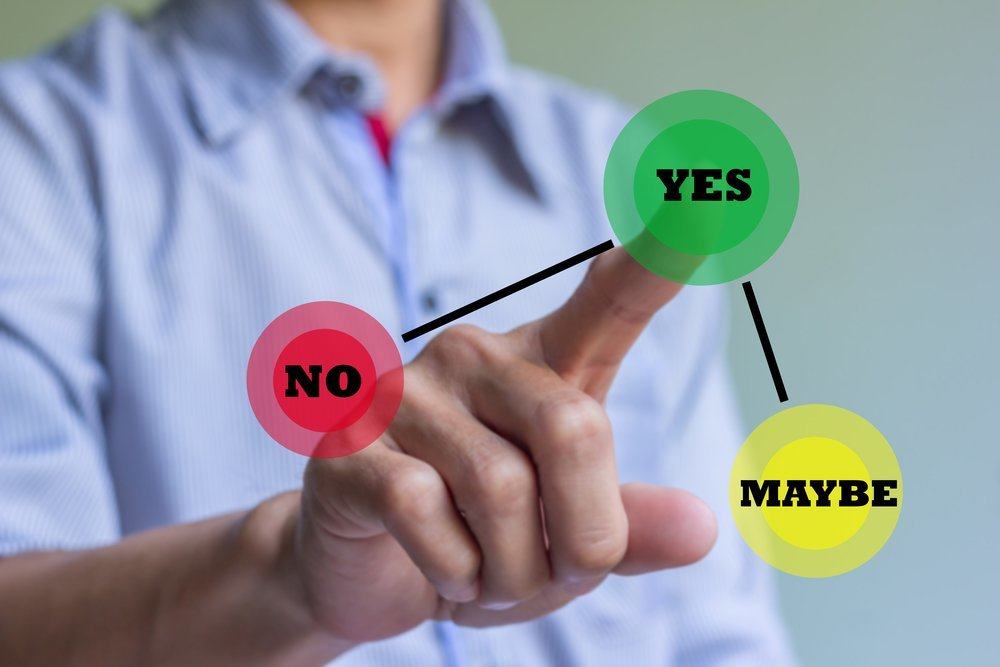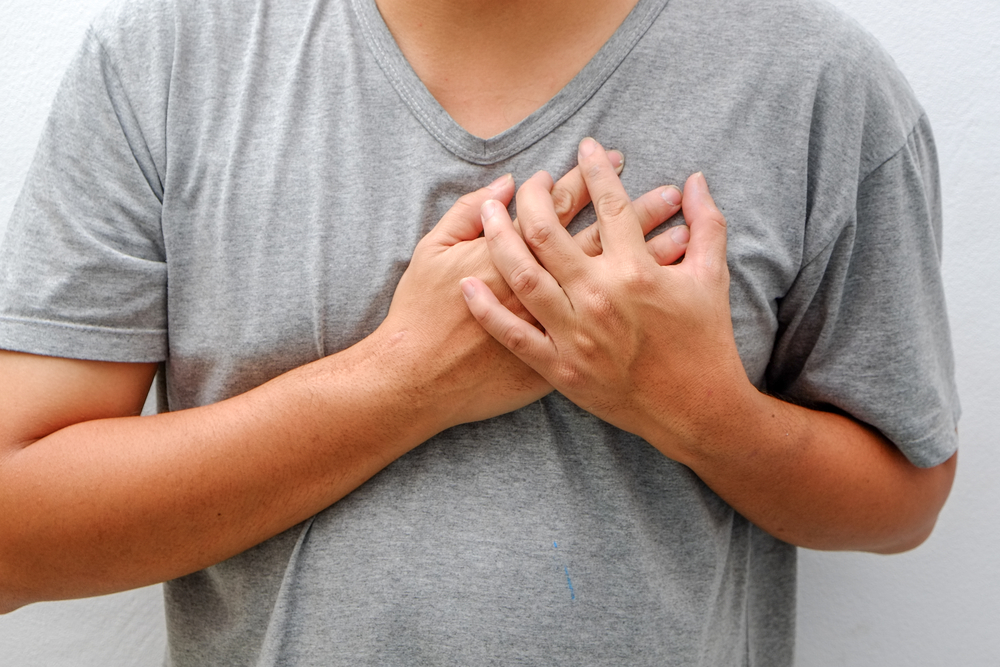Contents:
- Medical Video: Top 8 Foods For Kidney Health And Cleansing
- Limit foods containing phosphorus
- Limit foods containing potassium
- Limit foods containing salt or sodium
- Limit fluid intake
Medical Video: Top 8 Foods For Kidney Health And Cleansing
For those of you who suffer from kidney disease, you must change your diet so that it does not burden the work of the kidneys. Changes in this diet such as limiting fluid intake, limiting the intake of foods that contain salt, potassium, phosphorus, and other electrolytes.
Restrictions on some types of food in patients with kidney disease aim to maintain the balance of electrolytes, minerals, and fluids in the body. If not restricted, it can aggravate the disease. For example, excessive fluid intake in patients with kidney disease can cause a lot of fluid in the heart, lungs and legs.
Limit foods containing phosphorus
People with kidney disease must limit their intake of foods that contain phosphorus. The kidneys work to help the body regulate phosphorus levels in the blood by releasing excessive levels of phosphorus. In patients with kidney disease, the kidneys do not work properly so that the excess phosphorus is in the blood and makes high levels of phosphorus in the blood. So, by eating foods that are low in phosphorus, then patients with kidney disease help ease the work of the kidneys and help maintain phosphorus levels in the blood. High levels of phosphorus in the body can increase the risk of bone disease and heart disease.
This limitation of phosphorus intake varies by individual kidney disease sufferers, depending on their kidney function. Generally, limiting phosphorus intake ranges from 800-1000 mg per day in adults. It is best to consult your doctor or nutritionist to determine the limits of your phosphorus intake.
For patients with kidney disease, foods that must be limited include fast food, processed food, and packaged food or beverage containing phosphorus in it. You can check the nutritional label on the package before buying. If there are ingredients that use the words "phos" (in English) or "fos", for example calcium phosphate (calcium phosphate) and disodium phosphate (disodium phosphate), you should not consume it for people with kidney disease because "phos / fos" means that there is phosphorus in the food.
Some other foods that contain high phosphorus are:
- Milk and dairy products, such as milk, yogurt, cheese, ice cream, pudding containing milk
- Soy milk
- Wheat, like whole wheat bread, crackers¸ cereal, pasta
- Biscuits, pancakes, waffles, muffins
- Processed meat, such as sausage, meat patty
- Nuts
- Chocolate, including chocolate drinks
- Soft drinks or flavors
Limit foods containing potassium
Sodium and potassium must be in a balanced level in the body. In kidneys that are unable to work optimally, potassium levels in the blood can be high and can affect the heart rate. So it is recommended for people with kidney disease to limit the intake of foods containing potassium.
Potassium can be found in fruits, vegetables, nuts, and in milk and its products.
Some foods that contain high potassium include:
- Avocado
- Banana
- Orange
- Blew
- Kiwi
- Potato
- Spinach
- Pumpkin
- Ubi
- Tomato
When eating fruit, you should choose grapes, pears, apples, fruit berries, pineapple and watermelon. And limit or avoid citrus fruits, kiwi, bananas, cantaloupe, and avocados.
When eating vegetables, you should choose broccoli, cabbage, cauliflower, carrots, celery, cucumber, eggplant, lettuce, onions, peppers, and pumpkin. And you should limit or avoid eating asparagus, potatoes, sweet potatoes, tomatoes, pumpkins, and spinach.
Limit foods containing salt or sodium
Reducing foods containing salt or sodium helps control high blood pressure. Also helps you to not be thirsty quickly and prevent too much fluid in the body. Therefore, it is better for patients with kidney disease to limit their intake of foods containing salt or sodium.
If you buy packaged foods, don't forget to always check the nutritional label. Check the salt or sodium content, select products with salt or sodium content of less than 100 mg per serving. However, you should choose to eat fresh food compared to packaged foods. Also limit the use of salt in your food, and avoid substitute salt products because they usually contain potassium.
Limit fluid intake
It's best to consult with your doctor or nutritionist, how much water you should drink per day. The fluid needs of patients with kidney disease vary depending on the condition of the kidneys. Apart from the water used for drinking, also calculate the water in food, such as vegetables, spinach, and so on. Avoid foods that contain salt and reduce outdoor activities if the weather is hot so you don't feel thirsty quickly.
READ ALSO
- Effects of Kidney Failure on the Skin, Bones and Joints
- 10 Step Treatment Plan for Patients with Chronic Kidney Disease
- Tips for Raising Children with Chronic Kidney Disease

